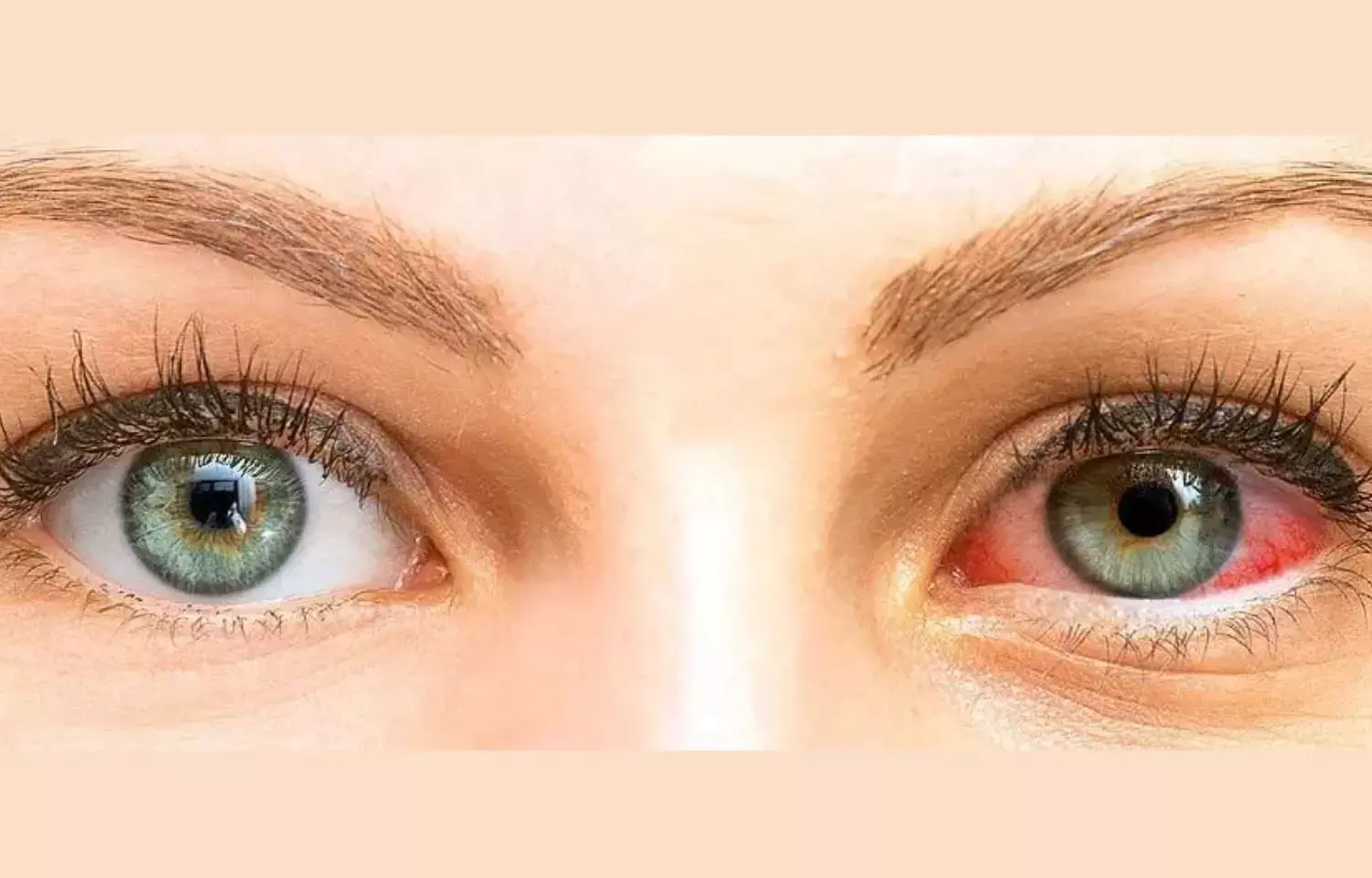- Home
- Medical news & Guidelines
- Anesthesiology
- Cardiology and CTVS
- Critical Care
- Dentistry
- Dermatology
- Diabetes and Endocrinology
- ENT
- Gastroenterology
- Medicine
- Nephrology
- Neurology
- Obstretics-Gynaecology
- Oncology
- Ophthalmology
- Orthopaedics
- Pediatrics-Neonatology
- Psychiatry
- Pulmonology
- Radiology
- Surgery
- Urology
- Laboratory Medicine
- Diet
- Nursing
- Paramedical
- Physiotherapy
- Health news
- Fact Check
- Bone Health Fact Check
- Brain Health Fact Check
- Cancer Related Fact Check
- Child Care Fact Check
- Dental and oral health fact check
- Diabetes and metabolic health fact check
- Diet and Nutrition Fact Check
- Eye and ENT Care Fact Check
- Fitness fact check
- Gut health fact check
- Heart health fact check
- Kidney health fact check
- Medical education fact check
- Men's health fact check
- Respiratory fact check
- Skin and hair care fact check
- Vaccine and Immunization fact check
- Women's health fact check
- AYUSH
- State News
- Andaman and Nicobar Islands
- Andhra Pradesh
- Arunachal Pradesh
- Assam
- Bihar
- Chandigarh
- Chattisgarh
- Dadra and Nagar Haveli
- Daman and Diu
- Delhi
- Goa
- Gujarat
- Haryana
- Himachal Pradesh
- Jammu & Kashmir
- Jharkhand
- Karnataka
- Kerala
- Ladakh
- Lakshadweep
- Madhya Pradesh
- Maharashtra
- Manipur
- Meghalaya
- Mizoram
- Nagaland
- Odisha
- Puducherry
- Punjab
- Rajasthan
- Sikkim
- Tamil Nadu
- Telangana
- Tripura
- Uttar Pradesh
- Uttrakhand
- West Bengal
- Medical Education
- Industry
Water-Free Cyclosporine Solution may Improve Dry Eye Disease symptoms: JAMA

A recent study published in the recent edition of Journal of American Medical Association revealed promising results in the treatment of Dry Eye Disease (DED). This study focused was set out to evaluate the efficacy and safety of a water-free cyclosporine ophthalmic solution in Chinese participants with moderate to severe DED.
The multicenter, double-blind, vehicle-controlled, phase 3 randomized clinical trial was conducted from March 4, 2021 to July 22, 2022 and enrolled a total of 206 adult participants from 12 hospitals in China. The participants were randomly assigned to receive either the water-free cyclosporine solution or a vehicle control. After a 29-day treatment period, the results were analyzed.
The primary endpoints of the study were changes in total corneal fluorescein staining (tCFS) and dryness score on a visual analog scale (VAS) at day 29. The findings revealed a marked improvement in tCFS in the cyclosporine group when compared to the vehicle group by demonstrating the superiority of the treatment. However, the dryness score on the VAS did not show notable improvement between the two groups at day 29.
The study also evaluated the safety profile of the treatment. During the 29-day treatment period, treatment-related adverse events were reported in a small percentage of participants in both the cyclosporine and vehicle groups that indicates an acceptable safety profile for the water-free cyclosporine solution. Overall, the development of a water-free cyclosporine ophthalmic solution presents a potential solution to the challenges posed by the hydrophobic nature of traditional cyclosporine formulations in delivering effective treatment to the ocular surface.
Reference:
Peng, R., Jie, Y., Long, Q., Gong, L., Zhu, L., Zhong, X., Zhao, S., Yan, X., Gu, H., Wu, H., Li, G., Zhang, K., Krösser, S., Xu, R., & Hong, J. (2024). Water-Free Cyclosporine Ophthalmic Solution vs Vehicle for Dry Eye Disease. In JAMA Ophthalmology. American Medical Association (AMA). https://doi.org/10.1001/jamaophthalmol.2024.0101
Neuroscience Masters graduate
Jacinthlyn Sylvia, a Neuroscience Master's graduate from Chennai has worked extensively in deciphering the neurobiology of cognition and motor control in aging. She also has spread-out exposure to Neurosurgery from her Bachelor’s. She is currently involved in active Neuro-Oncology research. She is an upcoming neuroscientist with a fiery passion for writing. Her news cover at Medical Dialogues feature recent discoveries and updates from the healthcare and biomedical research fields. She can be reached at editorial@medicaldialogues.in
Dr Kamal Kant Kohli-MBBS, DTCD- a chest specialist with more than 30 years of practice and a flair for writing clinical articles, Dr Kamal Kant Kohli joined Medical Dialogues as a Chief Editor of Medical News. Besides writing articles, as an editor, he proofreads and verifies all the medical content published on Medical Dialogues including those coming from journals, studies,medical conferences,guidelines etc. Email: drkohli@medicaldialogues.in. Contact no. 011-43720751


